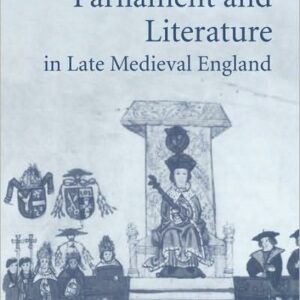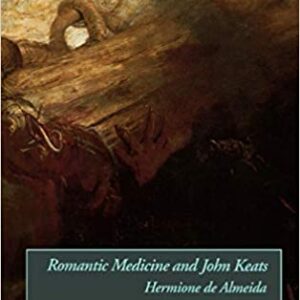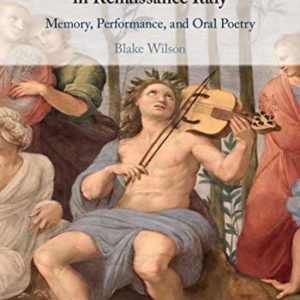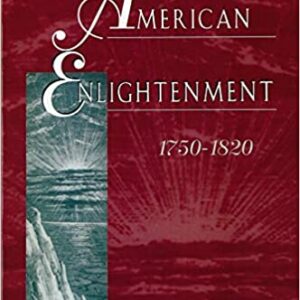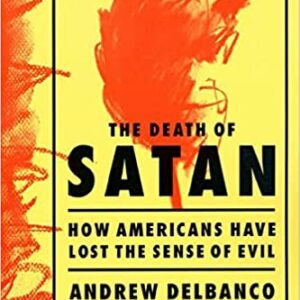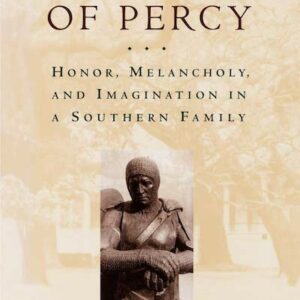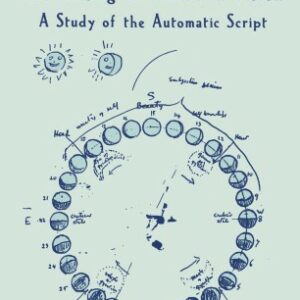
Mediterranean Passages: Readings from Dido to Derrida
Edited by Erdağ Göknar (NHC Fellow, 2007–08; 2022–23), Grant Parker, and Miriam Cooke The Mediterranean is the meeting point of three continents–Asia, Africa, and Europe–as well as three major monotheistic religions–Islam, Judaism, and Christianity. Focusing on global networks and cultural exchanges, Mediterranean Passages collects writings from across 3,000 years to provide a pan-Mediterranean perspective of the cultural, … Continued

